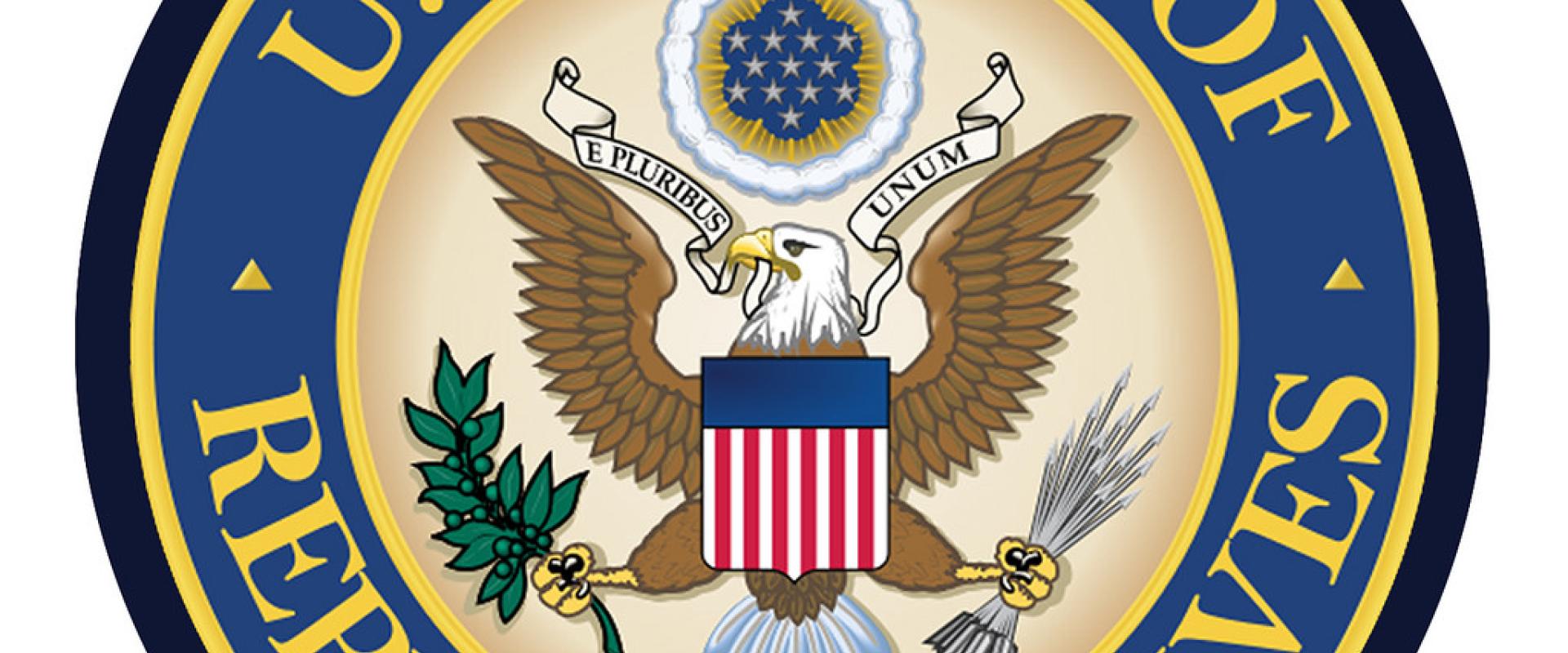Expected Timeline for Economic Impact Payments

FROM THE HOUSE COMMITTEE ON WAYS AND MEANS
Expected Timeline for Economic Impact Payments
As of April 2, 2020
After extensive conversations with the IRS and the Department of Treasury, the staff of the Ways & Means Committee expect the IRS to issue economic impact payments following the below timeline. This timeline is subject to change given ongoing discussions by the Chairman. The Committee remains focused on ensuring all eligible Americans receive their payment as quickly as possible.
As of today, the latest estimated timing from the IRS on economic impact checks is as follows:
The IRS will make about 60 million payments to Americans through direct deposit in mid-April (likely, the week of April 13th). The IRS has direct deposit information for these individuals from their 2018 or 2019 tax returns. This will include SSA beneficiaries who filed federal tax returns that included direct deposit information.
Shortly (hopefully within 10 days) after the first round of payments are made in mid-April, the IRS plans to make a second run of payments. These payments will be made to SS beneficiaries who did not file tax returns in 2018 or 2019 and receive their Social Security benefits via direct deposit. (The estimates are that nearly 99 percent of SS beneficiaries who do not file a return receive their SS benefits through direct deposit.)
About 3 weeks after the first round of payments are made (the week of May 4th), the IRS will begin issuing paper checks to individuals.
The paper checks will be issued at a rate of about 5 million per week, which could take up to 20 weeks to get all the checks out.
The checks will be issued in reverse "adjusted gross income" order—starting with people with the lowest income first.
We have seen estimates that there are between 150-170 million taxpayers. So, there are between 90-110 million taxpayers who are either filers or nonfilers about whom the IRS wants information. The filers will need to receive a paper check unless their direct deposit information can be updated in the IRS portal. The nonfilers may need to file the "simple tax return" (below) and likely include direct deposit information if they want to receive their rebates quickly.
The IRS is encouraging taxpayers to file their 2019 returns to the maximum extent possible. As taxpayers file their 2019 returns electronically, the IRS will post updated tax information weekly to its files and then send this information to another agency that will issue weekly payments.
The IRS expects to create a portal by the end of April/early May that will allow taxpayers, once they have been authenticated, to: (1) find out the status of their rebate payment and (2) update direct deposit information.
For Social Security beneficiaries who do not file returns, Treasury and the IRS announced on the evening of April 1st that these beneficiaries will not need to file a "simple tax return" to receive their rebate. Recipients will receive their rebate just as they would their Social Security benefits.
For other taxpayers who do not file returns, the IRS expects to release the "simple tax return" referred to in a recent IRS News Release "soon." The IRS expects it will contain only a few questions, including name, SSNs, dependents, and deposit information. There also will be other IRS guidance accompanying this simple tax return.